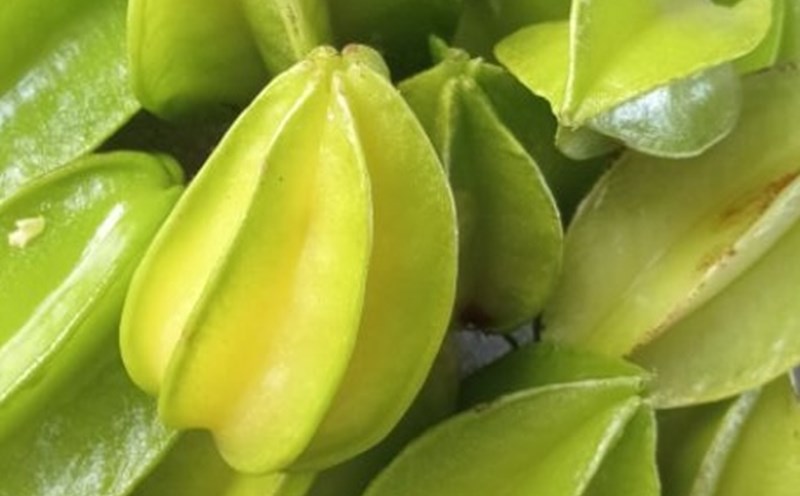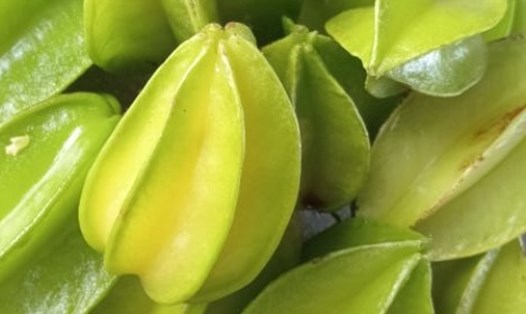One of the key components of kudzu is dioscin, a natural saponin that has anti-inflammatory and blood sugar-regulating effects. According to research from Seoul National University in South Korea, dioscin has the ability to reduce blood sugar levels by enhancing insulin activity, helping the body use glucose more effectively. The study also showed that the saponins in kudzu can improve insulin sensitivity, helping to prevent the accumulation of glucose in the blood – an important factor in diabetes management.
Furthermore, kudzu contains a high amount of fiber, especially soluble fiber, which helps slow down the digestion and absorption of glucose into the blood. A diet rich in fiber can slow down the absorption of sugar in the body, thereby helping to stabilize blood sugar levels and reduce the risk of diabetes. Fiber also helps reduce bad cholesterol (LDL), a factor that contributes to cardiovascular disease.
Kudzu also provides B vitamins, especially vitamin B1, which improves the body's metabolic function and helps regulate blood sugar. Vitamin B1 helps improve nerve function and can help reduce peripheral neuropathy symptoms in people with diabetes.
Although kudzu root has many benefits in controlling blood sugar, experts recommend that kudzu root should be used appropriately and not completely replace medical treatments. Maintaining a balanced diet, combined with regular exercise and regular health monitoring are very important in controlling diabetes and maintaining stable blood sugar levels.
Kudzu is a potential food in supporting blood sugar reduction and improving diabetes thanks to natural active ingredients such as dioscin and fiber. However, to achieve optimal results, it is necessary to combine with a healthy diet and consult a doctor about dosage.











